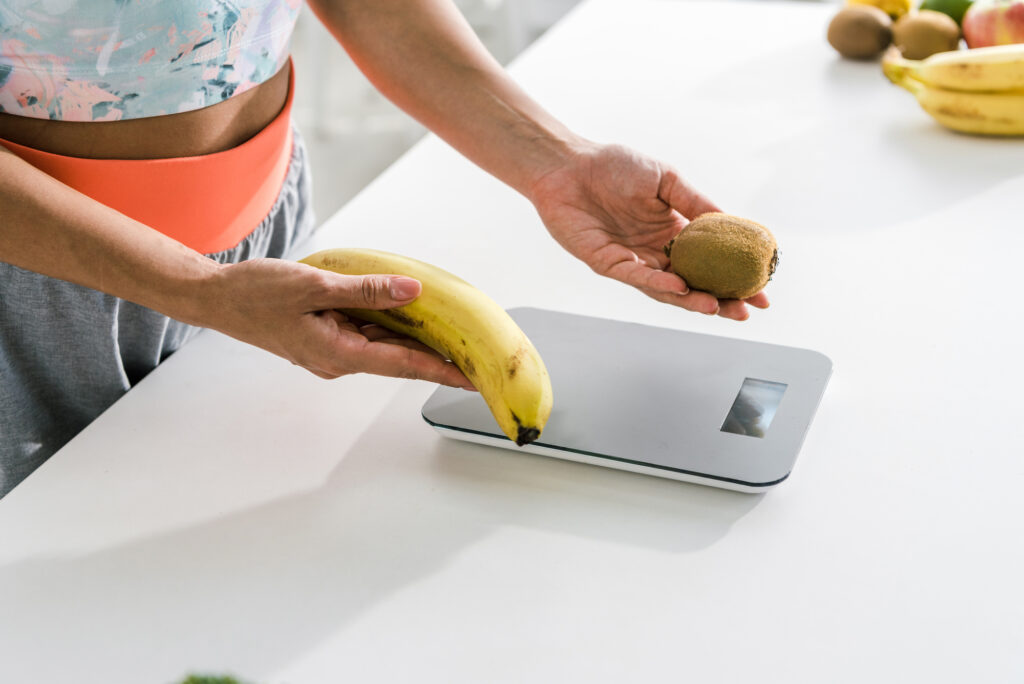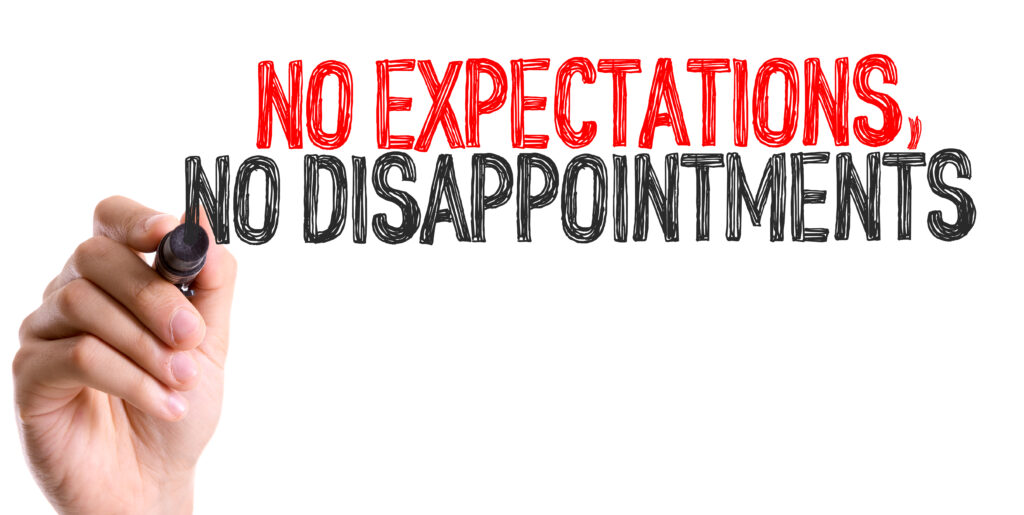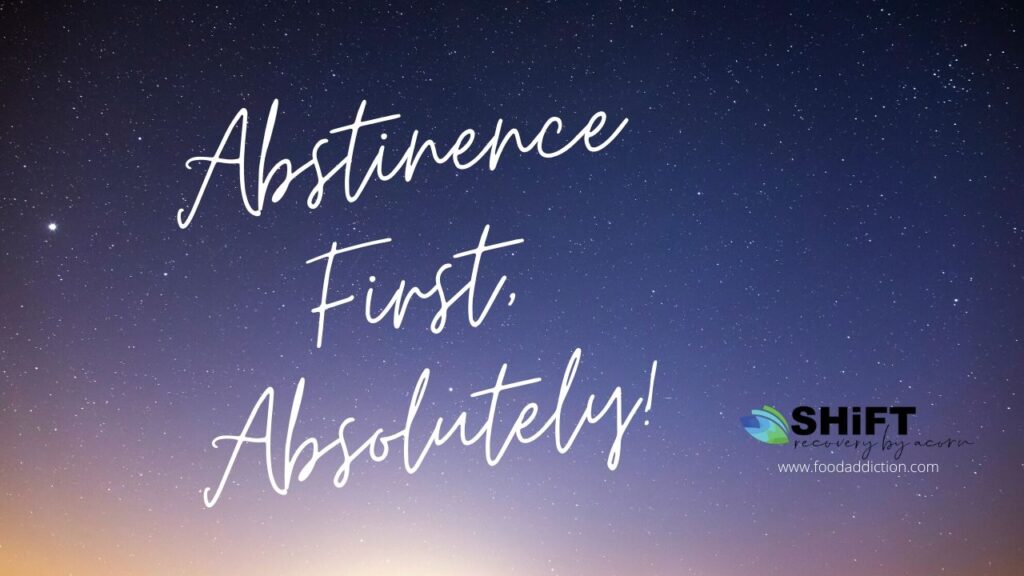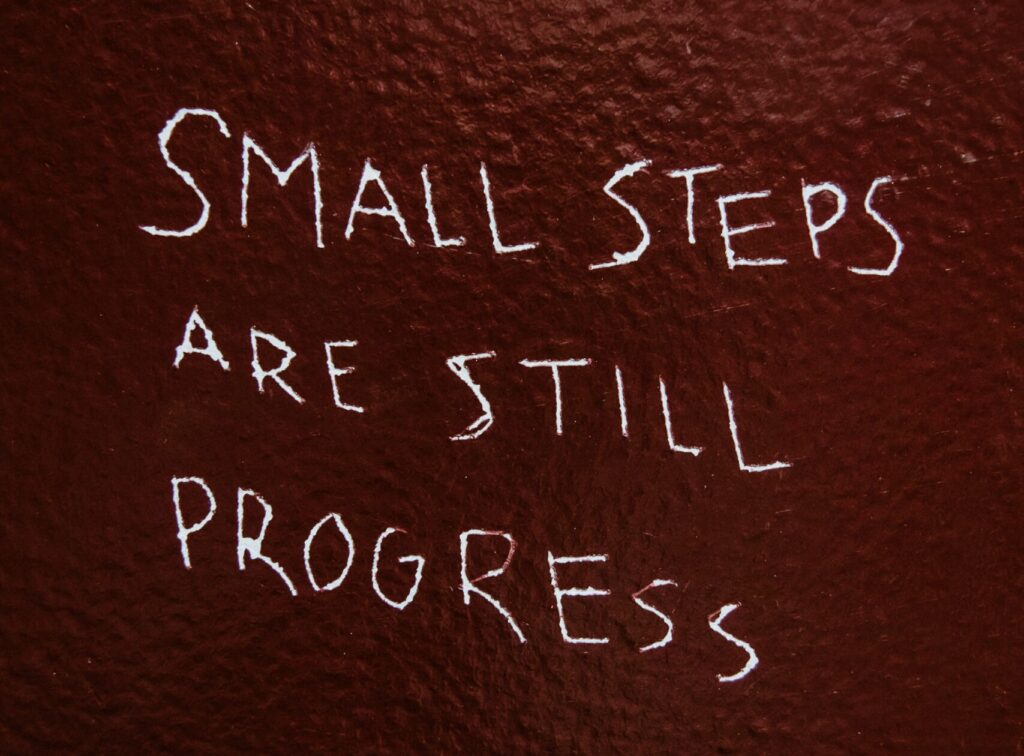 The Structure Myth
The Structure Myth
I’ll eat what I want, when I want it.
We’ve heard this more times than we can count. This is denial at its worst. Most people who are food dependent believe that they are being good to themselves by eating whatever they want whenever they want. This is a false belief that perpetuates the denial that makes recovery a challenge.
Though it’s difficult for many who are food dependent to believe, the exact opposite is true. Taking care of ourselves involves eating healthy, planned meals that are four to five hours apart. Spontaneous eating is one of the most dangerous things those in recovery can even think about doing.
Food addiction is a deadly disease that works hard to convince its victims that spontaneity means having fun and that having fun is not possible with the structure of a committed food plan. Nothing can be further from the truth.
When someone who is food dependent plans, commits and prepares their food, they then have the freedom to live their life without constantly obsessing about food. It is only through the structure of committed and planned food that those who are food dependent can truly experience freedom from food cravings and obsession.
Once someone who is food dependent has their food in order, there is no need to think about it during the day except at mealtimes to get or prepare it. Once the addictive substances are removed, physical cravings disappear and again, there is no reason to think about food unless it’s mealtime. Doing this, gives those who are food dependent the ability to be spontaneous.
Food addiction, eating disorders and emotional eating can cause their victims to believe that giving up control of their food will result in a miserable life not worth living. Again, this is a myth created by denial. A truly miraculous recovery life is based on a solid foundation of structure that includes committed and planned food.



 At this point in time, our world is facing great challenges. These challenges are serious and can feel overwhelming. There’s a lot of frustration, anger, and fear in the nation and among food addicts.
At this point in time, our world is facing great challenges. These challenges are serious and can feel overwhelming. There’s a lot of frustration, anger, and fear in the nation and among food addicts. We posted this on our Facebook pages this week. It’s repeated here because we believe it’s so important.
We posted this on our Facebook pages this week. It’s repeated here because we believe it’s so important. As our nation begins to open up again, we’re faced with moving forward into the unknown. Though experts can speculate what may or may not happen, no one knows for sure. It’s like that with food addiction recovery.
As our nation begins to open up again, we’re faced with moving forward into the unknown. Though experts can speculate what may or may not happen, no one knows for sure. It’s like that with food addiction recovery.